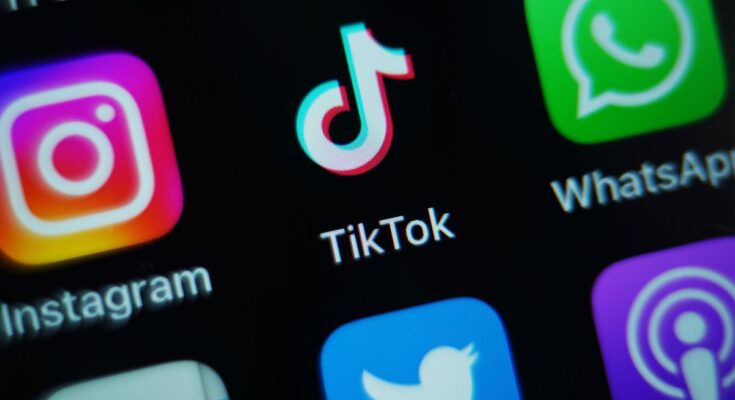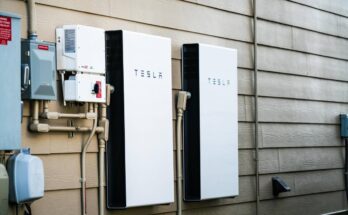The Kids Online Safety Act (KOSA) has been reintroduced into Congress. If passed into law, this bill could impose some of the most significant legislative changes that the internet has seen in the U.S. since the Children’s Online Privacy Protection Act (COPPA) of 1998.
As it currently stands, KOSA would be able to hold social media platforms legally accountable if it’s proven that these companies aren’t doing enough to protect minors from harm. The bill includes a long list of possible harms, such as eating disorders, sexual exploitation, substance abuse, and suicide. Though it overwhelmingly passed through the Senate last year, the bill was stifled in the House.
KOSA has faced much backlash since its introduction in 2022.
Human rights groups like the ACLU raised concerns that the bill could be weaponized as a tool for censorship and surveillance. While amendments to KOSA have mitigated some of these concerns, groups like the Electronic Frontier Foundation and Fight for the Future have remained against the bill.
“The bill’s authors have claimed over and over that this bill doesn’t impact speech. But the Duty of Care is about speech: it’s about blocking speech that the government believes is bad for kids,” Fight for the Future wrote in a statement. “And the people who will be determining what speech is harmful? They are the same ones using every tool to silence marginalized communities and attack those they perceive as enemies.”
However, KOSA has garnered support from companies like Microsoft, Snap, and X; X CEO Linda Yaccarino even worked with Senators Marsha Blackburn (R-TN) and Richard Blumenthal (D-CT) on the most recent draft of the bill. Google and Meta have remained opposed to the bill, but Apple announced today that it will support the legislation.
“Apple is pleased to offer our support for the Kids Online Safety Act (KOSA). Everyone has a part to play in keeping kids safe online, and we believe [this] legislation will have a meaningful impact on children’s online safety,” Timothy Powderly, Apple’s Senior Director of Government Affairs, said in a statement.



